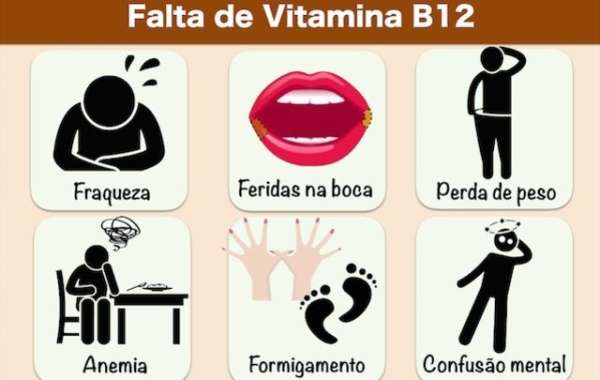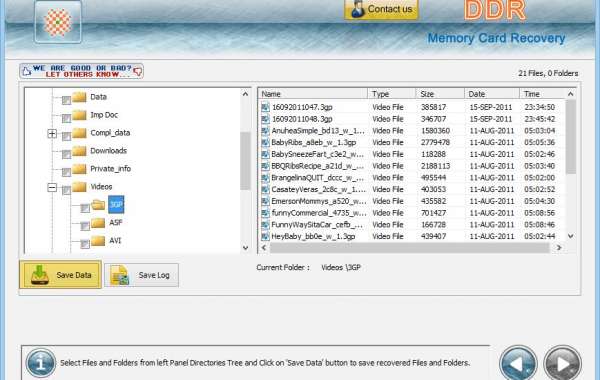Once you've completed a medically assisted detox program, you need to find a rehab program. There are many types of rehab programs, from Cognitive-behavioral therapy to Medication treatment for opioid use disorder. To help you decide which one is best for you, we've compiled a list of the most common. You can read about the different types of rehab programs here. To learn more, contact us for a free consultation.
Medically assisted detox
Patients may choose to go through a medically assisted detox after their alcohol or drug abuse treatment. The medically assisted process can help them clear their minds and overcome the associated anxiety. In addition, the medical professionals will help them overcome complications that can arise during withdrawal from alcohol or drugs. Patients may also benefit from a medically assisted detox if they want to achieve emotional sobriety. Here are some benefits of medically assisted detox after your alcohol or drug abuse treatment.
During a medically assisted detox after detox, a physician administers medications that help the patient cope with the unpleasant symptoms of withdrawal. It helps the body to slowly reduce the amount of substance used while minimizing the discomfort that can be associated with the process. It also helps the patient overcome any lingering physical symptoms. For this reason, medically assisted detox is the most suitable option for overcoming substance abuse. In addition to providing medication and emotional support, medically assisted detox is a safe and effective way of removing the drug or alcohol from a person's body.
Outpatient rehab
There are two primary options for outpatient rehab after detox: the general outpatient program and the intensive outpatient program. General outpatient treatment focuses on reducing physical symptoms, while intensive outpatient programs include case management services, therapy, and medical care. Inpatient rehab is more structured and monitored, while outpatient programs are less monitored. Both have their advantages and disadvantages. An inpatient program is typically more expensive than an outpatient program, but many insurance plans will cover a large portion of the cost. Aftercare programs include connections to peer support groups and a variety of medical care options.
Medically assisted detoxification involves taking medications prescribed by a physician to ease the symptoms of withdrawal from various substances. Withdrawal symptoms may be uncomfortable, but they are not life-threatening. Medical treatment is crucial for a patient's recovery. Unlike outpatient rehab, inpatient detox involves staying in a medical facility for a full 24 hours. However, outpatient drug rehab is less restrictive. Instead of staying at a residential center, patients can attend an outpatient treatment center for 10 to 12 hours per week.
Cognitive-behavioral therapy
The first step in recovery from substance abuse is often detoxification, but the goal of detox does not include combating the behaviors that led to addiction. Cognitive-behavioral therapy at Serenity Lodge uses a cognitive-behavioral program to encourage clients to change their behavior. Cognitive-behavioral therapy works by changing an addict's thinking to create healthier responses and behaviors. After detox, clients are ready for the next step in their treatment.
The benefits of cognitive-behavioral therapy after detox are well known. During this therapy, participants practice new skills and continually examine their thoughts around substances. The goal of cognitive-behavioral therapy is to change these thought patterns and develop the skills needed to maintain sobriety for life. Cognitive-behavioral therapy is a goal-oriented, structured therapy that lasts around 12 to 16 sessions.
Medication treatment for opioid use disorder
Many programs include medications for opioid use disorder after detox. These drugs aren't meant for long-term use, and medical professionals reserve them for a medical emergency. If you're considering detoxification, check with your insurance to see what you're covered for. Other types of treatment are available, including behavioral therapy, counseling, and medications. Listed below are some examples of available medications. To find out more about the different types of treatment, visit WebMD Connect to Care Advisors.
The most common reason for relapse is withdrawal symptoms. Withdrawal symptoms can be unpleasant, and people may seek out opioids to avoid these uncomfortable feelings. The problem is compounded by social and psychological factors. Relapse triggers include situations that remind the brain of the drug's pleasure. Medication treatment for opioid use disorder after detox focuses on reducing these triggers and preparing patients to re-enter the world without drugs.
Physical health
Maintaining optimal physical health after detox is important for recovering individuals. Drug and alcohol abuse can have significant physiological and mental repercussions. Drugs and alcohol stimulate chemical reactions in the body that were previously unaffected by them. When abruptly withdrawn from these substances, the body can face major stress and may experience seizures may be fatal. Physical therapy is an essential component of this recovery program. While it is not a replacement for psychotherapy, physical therapy has numerous positive effects on recovery.
Avoiding drug-using people
Often, the person in recovery is advised to avoid re-engaging with friends and family who have active substance use disorders. Re-engaging with such people can prompt relapse and increase the risk of relapse. Fortunately, there are ways to avoid these situations and remain sober. Below are some suggestions for dealing with the problem of drug-using friends. The first step in avoiding re-engaging with friends who use drugs and alcohol is to identify whether the relationship was toxic.
It is important to remember that detox is only a temporary fix and should not be an addiction cure. It is also important to avoid places where you used to do drugs or alcohol. Staying away from these places and people during early recovery will enable you to develop new healthier habits and prevent any temptation. You may even want to try experimenting with your sense of smell in order to discover which places are more likely to arouse cravings.








